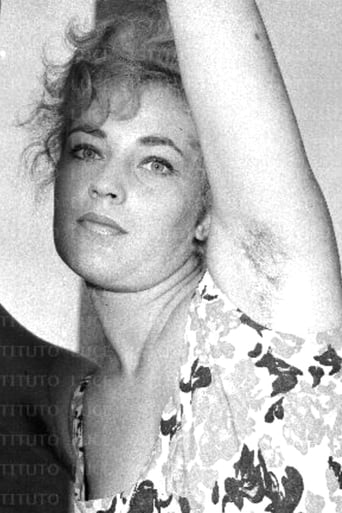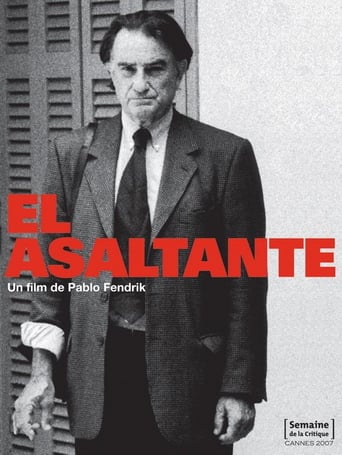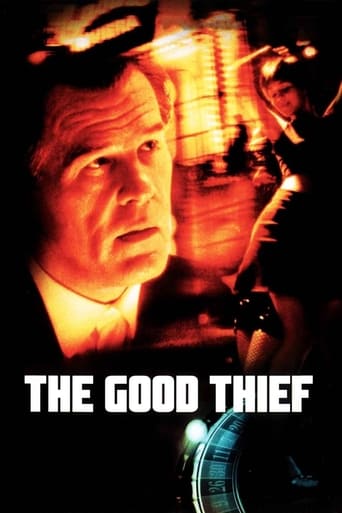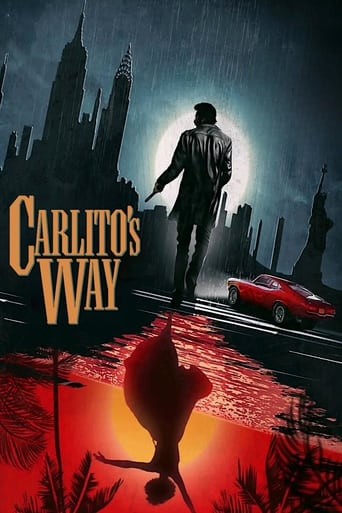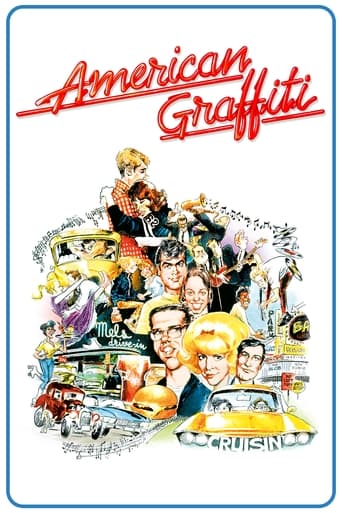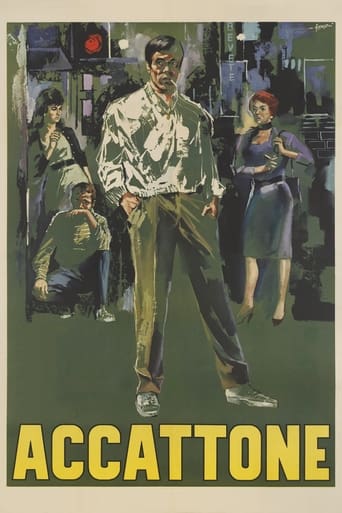
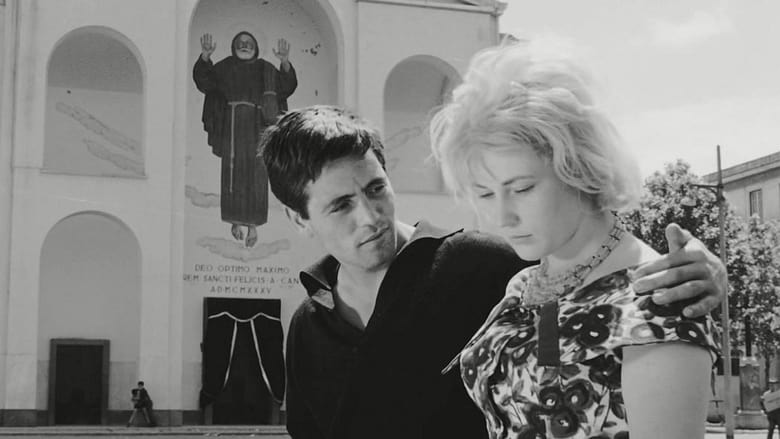
Accattone (1968)
A pimp with no other means to provide for himself finds his life spiralling out of control when his prostitute is sent to prison.
Watch Trailer
Cast
Similar titles

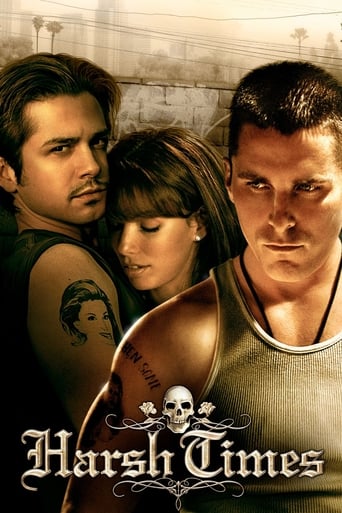
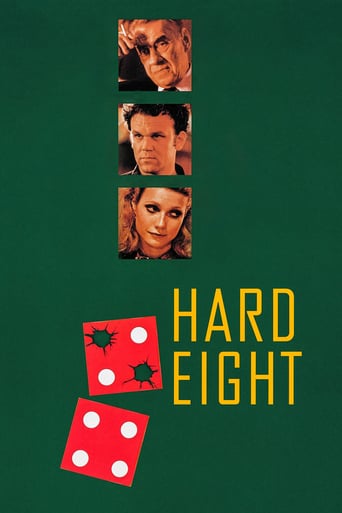
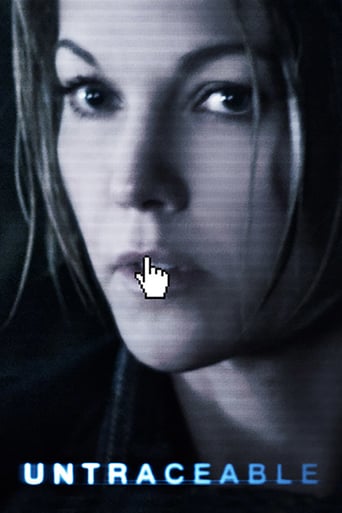
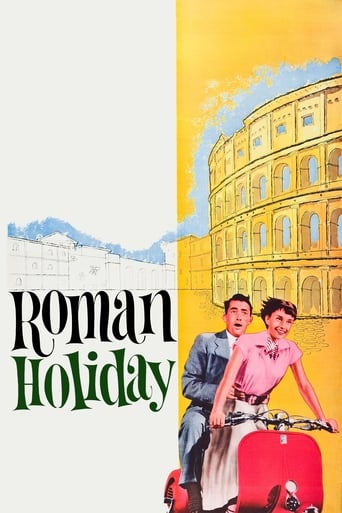
Reviews
I cannot think of one single thing that I would change about this film. The acting is incomparable, the directing deft, and the writing poignantly brilliant.
This film is so real. It treats its characters with so much care and sensitivity.
The acting is good, and the firecracker script has some excellent ideas.
This is a dark and sometimes deeply uncomfortable drama
This is not the Rome you see on Contiki. Pasolini has conjured up the half-life of the streets in this extraordinary movie. Accatone is a pimp and an idler, his friends are no better, and they walk Rome's emptiest streets night and day doing nothing much at all. Pasolini captures their aimless existence with his artless cinematography. Most of the dialogue is shot close up, and the cast deliver their lines with character and simplicity. It is perhaps their authenticity that makes them charming. Even Accatone is charming, despite his selfishness, idleness, resentment and occasional misogyny. They all need to be charming. In the bleak world of this movie, irony is the only defence against madness. There are moments of happiness that break through, and prevent the film from becoming monotonous or unrealistic. The beach scene near the start, and the later conversations between the tough and self-confident prostitutes, are scenes in which irony breaks out into humour, and defiance momentarily turns to content."The world will kill me, or I'll kill it!" exclaims Accatone. He struggles for redemption— but I won't spoil the end of the movie.
Pasollini's Accattone (1961) is a film that clearly shows the writer/director was not only uninformed, but even naive about the social situation to which his film related. This film is so detached from the slum life of the big city, and the realities of the life of pimps and prostitutes that it could better be called an example of Un-Realism, than Neo-Realism.This filmmaker couldn't even stage a good street fight, just showing two guys rolling around in the street locked in bear hugs.The protagonist's first prostitute is portrayed getting a broken leg, and is soon shown thereafter walking around with a cast on the leg, yet with no limp, or crutches. Sorry, but having a broken leg doesn't work that way.This first prostitute is shown getting badly beaten, yet then is shown in the police station without a bruise on her. Now that Neo-Un-Realism, if I ever saw it.That the protagonist is shown almost starving after his only hooker is jailed is just STUPID. Pimps are street savvy guys who have more than one girl in their stable, and are street smart enough to make money in a variety of ways besides pimping.I could go on and on, but what's the point? The costumes, the characters, and dialogue is nothing close to appropriate for the social situation that this film is supposedly portraying. This filmmaker obviously never entered the slums of a big city, and never met real pimps and prostitutes. He was making a supposedly realistic account of a social scene of which he was obviously ignorant.This is the first Pasollini film that I've viewed, and it's his first film that he made. But solely on the basis of viewing his first film, I really don't think that this guy showed enough here to merit a second chance.
Accatone is an interesting film because Pasolini exposes to his audience a particular lifestyle and social class which would not be accurately touched on in an American picture. If Hollywood had ever discussed Accatone's subject matter they would display it with all its stereotypical adornments and falsities which most US moviegoers are accustomed to. Pasolini is not afraid to present the grittier side of the subproletariat as is epitomized in the film's main character, Accatone, who struggles with his profession of pimping and becoming more sensitive to his women and to the world. Pasolini's debut is delicately permeated with political concepts and allegories, yet we can see that he is experimenting newly with the technique of film and developing a filmic narrative structure; more of his full-fledged sociopolitical allegories would be pursued in films like The Gospel and Hawks and Sparrows. The film stars Franco Citti who at the time of making of the film was a nonprofessional. However his performance is substantial considering him being a novice and having his voice overdubbed by another actor. Citti would soon become a Pasolini regular, starring in Oedipus Rex, Arabian Nights, and other supporting roles. However, as the film progresses the attention is centered on the female lead, who plays the naive soon-to-be callous farm worker who is duped by Accatone into prostitution. Before Pasolini ventured into the cinema he had a knack for writing. In his first two novels Pasolini had utilized the language of his mother's homeland, Friuli, for colloquial discourse amongst his characters who lived in subproletariat communities. It is not surprising that the subject of these novels would be the focal point of Accatone. In addition I believe Pasolini had rendered his ideas (from his literature) appropriately for his film, yet not becoming to carried away with fidelity and technical aspects which are profuse in films today. To this day there are apparently no film directors as consciously aware of his country and government as Pasolini was and that would transcend these beliefs into his art with controversy yet at the same time subtlety.
Accattone is a relentless study of the suffering that accompanies poverty. Pasolini utilises the well worn techniques of the Italian neo-realist moment to represent the depressing and oppressive life of a pimp - Accattone (played by the astonishing Franco Citti) - in the slums of post-war Rome. His life is beleaguered by guilt and self-disgust; his occupation, which is ostensibly the exploitation of women, causes the titular character untold despair. Ultimately he is unable to rationalise his need to eat with the suffering he causes to the women who work for him; they are, after all, also his lovers. Yet, Pasolini is careful to maintain the humanity of his protagonist by representing his hopeless situation as equally a result of his own doings as that of the social environment. Pasolini's Accattone is a masterful debut which expertly calls into service the devices of the cinema to convey a depressing but also compassionate narrative. His style is equal parts poetry and melodrama; a tough combo for any director. Some moments of this film are as tragically lyrical as those to be found in a film by Robert Bresson or Roberto Rossellini. Accattone is a commendable combination of style and substance which will leave few viewers unaffected.

